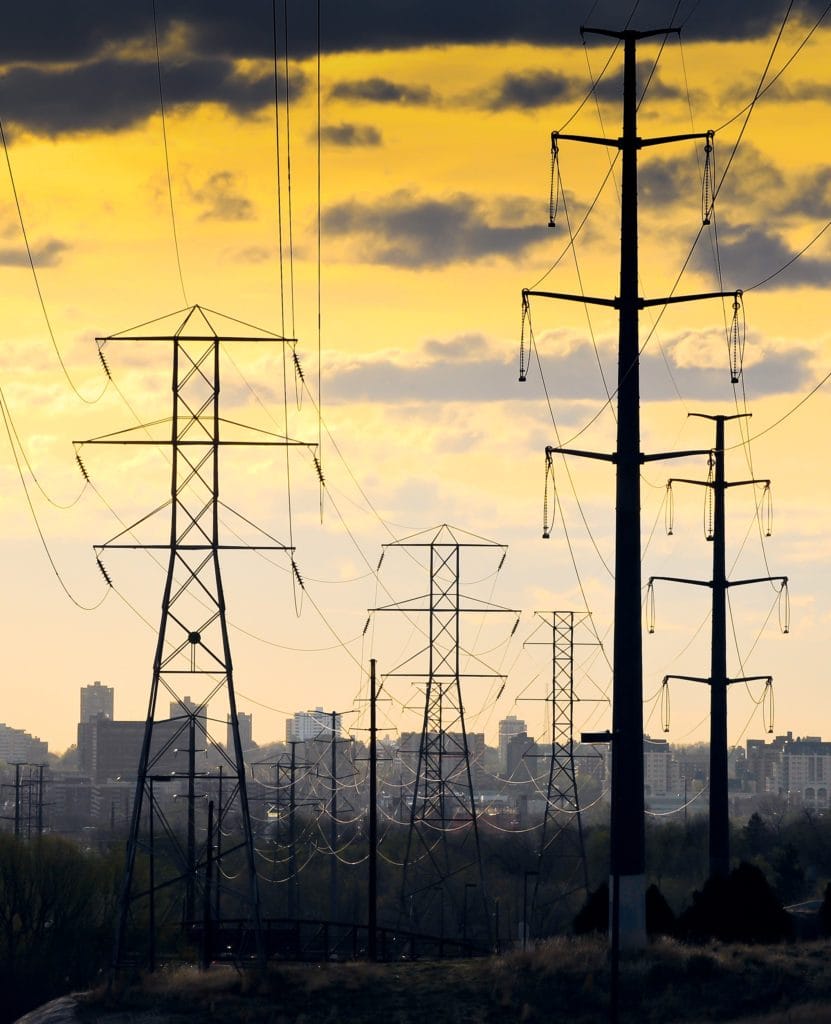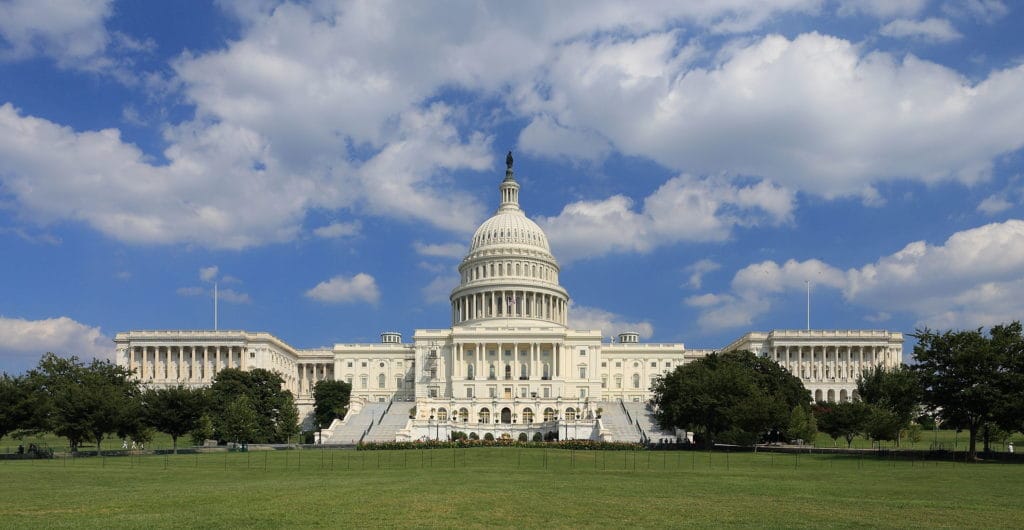Montana
Huffington Post blog: 6 reasons 2014 was a good year for climate action
There are many reasons to be joyous about clean energy advancements in 2014. The cost of solar and wind energy continues to fall, utilities are investing in energy storage and electric vehicle charging, Chinese coal demand is falling, sustainable investing is on the rise, and businesses are more vocal than ever on the need for climate action.
NWEC comments on EPA Clean Power Rule
Click here to view the NW Energy Coalition’s comments on the EPA’s Clean Power Rule.
In victory for clean energy development, court upholds transmission planning order
In a major win for clean energy development, a U.S. Court of Appeals panel this summer unanimously upheld a Federal Energy Regulatory Commission (FERC) directive aimed at modernizing transmission planning around the country. The decision gives strong support to the contention that utility-by-utility transmission planning is not enough, because energy resources and transmission lines are already widely shared across the power grid. Regional planning is needed to capture important benefits for clean energy, the environment and consumers.
NWEC comments on the NPCC High Level Indicators Issue Paper
Click here to read NWEC’s comments on the NPCC High Level Indicator issue paper.
NWEC comments on the NPCC Environmental Costs and Benefits Issue Paper
Click here to read NWEC’s comments on the NPCC Environmental Costs and Benefits Issues Paper.








